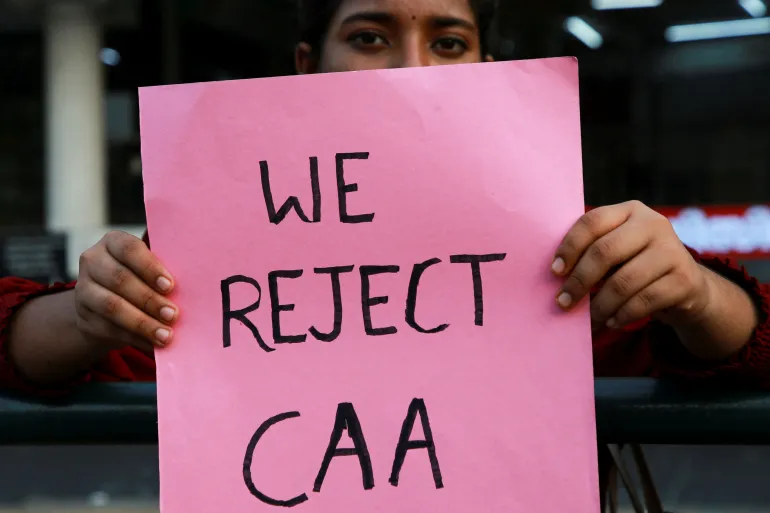In a recent development that has caught the attention of international observers, India has firmly rejected US concerns over its controversial citizenship law, labeling them as “misplaced and unwarranted.” This assertive stance underscores the complexities of international relations and the delicate balance between domestic policy decisions and global diplomatic ties. As we delve into India’s response, the implications of the citizenship law, and the broader context of Indo-US relations, it becomes evident that this situation is a pivotal moment in the ongoing dialogue about sovereignty, human rights, and international diplomacy. India’s Concern
The Heart of the Matter
Initially, the citizenship law in question aims to provide a pathway to citizenship for non-Muslim minorities from neighboring countries, sparking widespread protests and international criticism over its exclusionary nature. The US, among other nations, has expressed concerns regarding the law’s potential impact on religious freedom and minority rights, highlighting the global implications of domestic policy decisions. India’s rejection of these concerns reflects a staunch defense of its legislative autonomy and a broader assertion of national sovereignty in the face of international scrutiny.
India’s Diplomatic Response
Furthermore, India’s characterization of US concerns as “misplaced and unwarranted” is a significant diplomatic maneuver that signals its intent to navigate this controversy on its own terms. By framing the issue as a matter of internal policy, India seeks to reaffirm its authority over domestic affairs while also challenging the parameters of international intervention in sovereign matters. This response also reflects the nuanced dynamics of Indo-US relations, where cooperation and contention often coexist, influenced by strategic interests and shared democratic values.
Implications for Indo-US Relations
Moreover, this development has implications for the broader landscape of Indo-US relations, a partnership that has grown increasingly important in the context of regional security, economic cooperation, and global governance. While disagreements over domestic policies are not uncommon in international relations, the manner in which they are addressed can significantly impact diplomatic ties. India’s assertive response underscores the importance of dialogue and mutual respect in navigating differences, emphasizing the need for a balanced approach that considers both shared interests and individual sovereignty.
Navigating the Path Forward
Additionally, as India and the US navigate the path forward, the emphasis on diplomatic engagement and constructive dialogue becomes paramount. The citizenship law controversy presents an opportunity for both nations to reaffirm their commitment to democratic principles, human rights, and the rule of law, through open and respectful communication. Moreover, this situation highlights the role of international diplomacy in addressing complex issues, underscoring the potential for collaboration and understanding in the pursuit of shared goals. India’s Concern
Inspired by Al-Jazeera News and Rear More Articles Here, Read Previous Blog Also.
